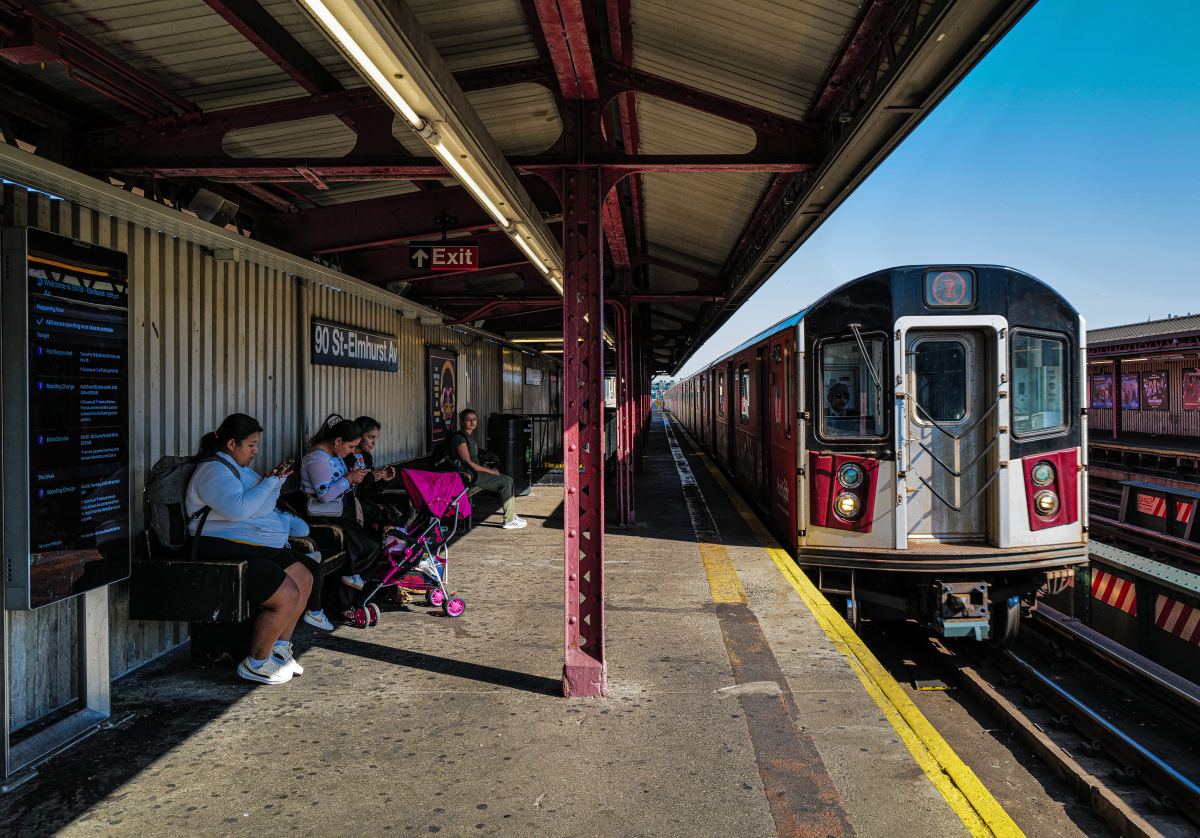A year after itbegan offering credit cards to eligible international students, alternative lending company SelfScore is increasing its portfolio of financial products. On Tuesday, it’s rolling out the SelfScore Achieve Mastercard, a student credit card with a higher credit limit, cash-back rewards and an introductory 0% annual percentage rate on purchases. At first the new cardwill be available only to international students studying in the U.S., but the company plans a broader rollout to all eligible college students in the fall, says Kalpesh Kapadia, the company’s co-founder and CEO. The best news for would-be cardholders?
“We will not be looking at credit scores,” Kapadia says. Instead, the company will use its proprietary scoring system, opening the card up to people who don’t have a FICO score, commonly used to qualify for credit cards. More on that below. First, let’s look at the new card.
» MORE: Alternative lenders offer credit cards for newcomers to the US
SelfScore Achieve Mastercard: The basics
SelfScore’s first credit card product, the SelfScore Classic Mastercard, is fairly bare-bones. Credit limits start at only $500but can be increased to $1,500 once the cardholdermeets certain requirements, like linking the card to a bank account and making several on-time payments. The Classic has no annual fee, and it doesn’t require a Social Security number. It does, however, help newly arrived students build a credit history in the U.S. The new card has a little more meat to it:
– Credit limits of up to $5,000 Both cards come with Mastercard Platinum benefits, including purchase assurance, extended warranty coverage, travel assistance and car rental collision waivers.
How to qualify for a SelfScore Mastercard
Traditional credit scores depend on how you’ve handled credit in the past. But what if you’ve never had credit before, or your credit history was left behind in your home country when you moved to the U.S.? SelfScore says it wants to help creditworthy students, and eventuallynonstudents, who are stuck in the conundrum of not being able to get credit because they don’t already have credit.
SelfScore evaluates creditworthiness by looking at documents common to international students, such as passports, student visas and financial documentation that foreign students must submit to their universities anyway. “Funding sources matter,” Kapadia says. “You have demonstrated that to the university and to the embassy overseas. We are piggybacking on that.”
» MORE: How foreign students and immigrants can get a credit card Expandingaccess to credit
Even though SelfScore doesn’t rely on traditional credit scores, the company recognizes that international students will need those credit scores as their financial needs change over time. SelfScore reports account activity to two of the three major credit bureaus — Experianand TransUnion— so responsible use of a SelfScore card will result in a better credit score over time. But Kapadia isn’t keen on helping students build credit only to lose them when they can qualify for more enticing credit cards elsewhere. Hence the new rewards card and a hinted-at suite of premium credit cards in the future. » MORE: The best student credit cards
Expanding mission
Right now, SelfScore is sticking to its roots — helping international students get access to credit and build a credit history in their new country. But the company’s mission has expanded over the past year. It wants to help “deserving but underserved populations gain financial independence through access to credit,” Kapadia says. Virginia C. McGuire is a staff writer at NerdWallet, a personal finance website. Email: virginia@nerdwallet.com. Twitter: @vcmcguire. A previous version of this article incorrectly indicated which credit bureaus SelfScore reportsto. This article has been corrected.
The article SelfScore Launches Rewards Card for International Students in US originally appeared on NerdWallet.
– No annual fee
– Unlimited cash back rewards of 1% on all purchases
– No foreign transaction fees
– Introductory APR of 0% on all purchases for the first six months























